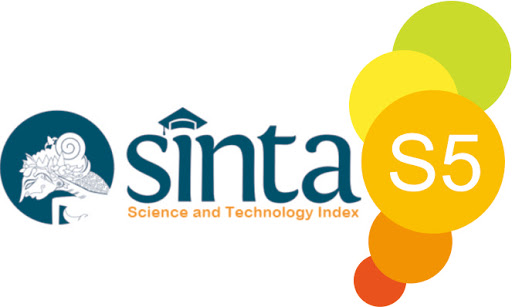Utilization of Used Cooking Oil Waste to Control Pollution and Community Empowerment in Tanjungbalai City
DOI:
https://doi.org/10.32734/abdimastalenta.v8i2.11939Keywords:
Used Cooking Oil, Socialization, Pollution, Community Empowerment, Oil FilterAbstract
Used cooking oil that is repeatedly used can be dangerous for health due to changes in composition and the release of acrolein, which can potentially cause cancer. This community service activity aims to raise awareness among the public about the dangers of consuming used cooking oil repeatedly. However, awareness of the dangers of cooking oil has created a new pollution problem related to waste disposal. People still dispose of used cooking oil directly into dishwashing sinks, drains, or even into the ground. The challenge faced by the Green Group partners so far is the fluctuation in the level of public interest and activity in collecting used cooking oil waste. Although the public has been educated about the impact of using used cooking oil waste and its indiscriminate disposal, the amount of oil collected is still not as expected. This challenge is being addressed by selecting one exemplary district, Datuk Bandar Sub-district, in Tanjungbalai City. Education is conducted collectively in village halls, door to door, and through the distribution of brochures and flyers. The public can submit used cooking oil waste to Green Group partners, which can be exchanged for money or basic necessities. The implementation team of the community service program is forming several community groups to extend the chain of public understanding about health and environmental preservation. The sub-districts in Datuk Bandar Sub-district become the pilot location that will later spread to other sub-districts, so that more people understand and participate in the activity. The hope is that the implementation of this community service program will achieve the third Sustainable Development Goals (SDGs), which is to ensure healthy lives and promote the well-being of people of all ages.
Downloads
Downloads
Published
Issue
Section
License
Copyright (c) 2023 ABDIMAS TALENTA: Jurnal Pengabdian Kepada Masyarakat

This work is licensed under a Creative Commons Attribution-ShareAlike 4.0 International License.
The Authors submitting a manuscript do so on the understanding that if accepted for publication, copyright of the article shall be assigned to Jurnal Abdimas TALENTA as well as TALENTA Publisher Universitas Sumatera Utara as the publisher of the journal.
Copyright encompasses exclusive rights to reproduce and deliver the article in all forms and media. The reproduction of any part of this journal, its storage in databases and its transmission by any form or media, will be allowed only with written permission from Jurnal Abdimas TALENTA.
The Copyright Transfer Form can be downloaded here.
The copyright form should be signed originally and sent to the Editorial Office in the form of original mail or scanned document.












